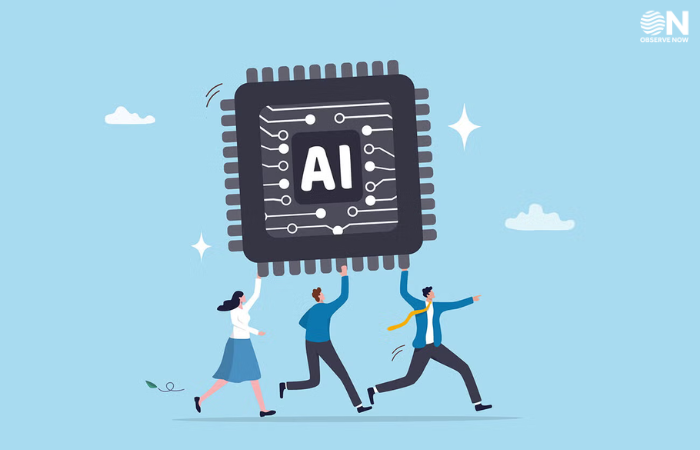India Inc Shifts from AI Pilots to Autonomous Solutions as Adoption Deepens

India Inc is rapidly transitioning from isolated AI experiments to deploying autonomous systems within core business operations, according to a recent ET CIO Intelligence Report. While a striking 92% of companies remain mired in pilot stages, only 8% have achieved large-scale AI implementation—but leading sectors such as BFSI and IT-enabled services are forging ahead, with maturity rates of 71% and 80%, respectively.
Major financial players, including banks and insurance firms, are embedding AI in fraud detection, underwriting, and consumer engagement, driving both efficiency and compliance. Healthcare providers, meanwhile, are piloting AI in diagnostics and drug development, and retail brands are using it for personalized customer experiences. However, these deployments are often hampered by fragmented legacy systems and weak data infrastructure, which remain significant inhibitors to wider adoption.
Recognizing that pilots alone do not deliver measurable outcomes, CIOs at Indian firms are adopting a “proof of value” mindset—tracking metrics such as Return on Employee (RoE)—and tightening governance around data quality, ethical use, and security protocols. According to Rakesh Bhardwaj, CIO of Lupin, “AI has moved beyond proof of concept—it’s now about proof of value.”
The evolution toward “agentic AI”—autonomous systems capable of independent action—is gaining momentum. Enterprises across banking, aviation, telecom and manufacturing are deploying intelligent agents to handle tasks ranging from fraud response to flight operations, and customer service, signaling a new wave of AI maturity.
Despite the enthusiasm, challenges persist. India’s data systems continue to operate in silos—legacy ERPs, MES, and SCADA systems lack standardization, hindering seamless AI integration. Talent gaps also remain a concern, with shortages in AI engineering, MLOps, and data science roles. Companies are responding with reskilling programs, university partnerships, and leveraging remote talent pools.
Securing autonomous AI systems adds another layer of complexity. As these systems assume decision-making roles, enterprises are ramping up security postures—embracing Zero Trust strategies, continuous authentication, and observability-to detect anomalies in real time.
Experts argue that the next two years are critical. Companies must evolve from pilot projects into scalable AI platforms by building centers of excellence, investing in robust data fabrics, and embedding guardrails for governance, ethics, and security. Real-world examples such as JPMorgan’s COIN and Siemens’ AI-infused digital twins offer blueprints for success.
Visa’s take? AI adoption is accelerating, but the true value lies in autonomous systems that integrate deeply with enterprise systems while ensuring ethical use. As India Inc shifts from experimentation to execution, companies that align strategy with strong infrastructure, talent, and secure frameworks are poised to lead in the AI-powered era.
















